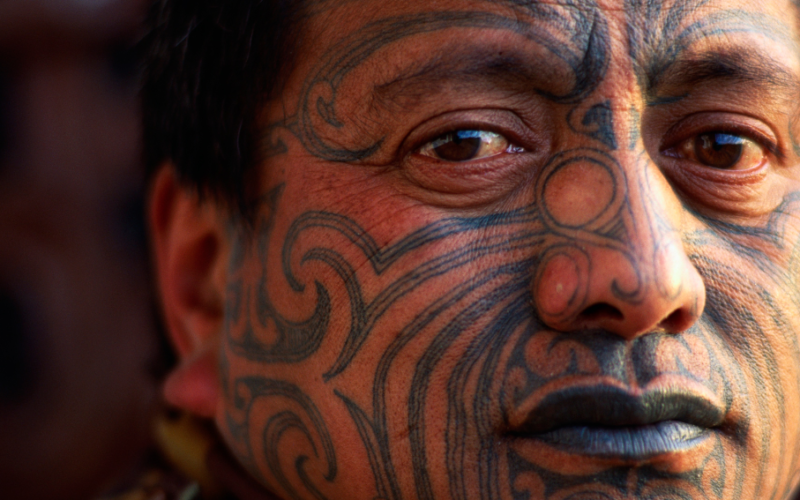As New Zealand gears up for its upcoming election, race-related issues have taken center stage, prompting discussions and debates among politicians, experts, and citizens alike. The nation, often lauded for its diverse and inclusive society, is now grappling with pressing matters surrounding ethnicity, indigenous rights, and multiculturalism.
One of the focal points of this debate revolves around the treatment and representation of New Zealand’s indigenous population, the Māori. Advocates argue that there is a critical need for greater recognition and support for Māori communities, particularly in areas of healthcare, education, and economic development. Critics, on the other hand, express concerns about potential policy overreach and its impact on the wider New Zealand population.
Furthermore, immigration policies and their impact on the country’s demographic makeup have also come under scrutiny. The debate surrounding immigration has prompted conversations about cultural assimilation, diversity, and the role of multiculturalism in shaping New Zealand’s national identity. Balancing the desire for a diverse society with concerns about integration and social cohesion is a delicate issue that political leaders must address.
In recent years, instances of racially motivated incidents and discrimination have sparked nationwide conversations about racism in New Zealand. Advocacy groups have called for stronger anti-discrimination measures and educational initiatives to promote understanding and tolerance among different ethnic communities. These discussions have highlighted the need for a concerted effort to combat racism at all levels of society.
The political landscape has also seen an emergence of parties and movements advocating for specific racial or ethnic interests. These groups aim to represent the concerns and aspirations of their respective communities within the broader political framework. While this reflects a growing desire for more nuanced and inclusive representation, it also raises questions about potential divisions and the ability to find common ground on critical national issues.
The current electoral climate in New Zealand is a testament to the evolving nature of the country’s demographics and the challenges that come with it. As the nation grapples with these race-related issues, it is essential for political leaders, policymakers, and citizens to engage in open, respectful dialogue. By addressing these concerns head-on, New Zealand can continue to build a society that embraces diversity, inclusivity, and equality for all its citizens.








